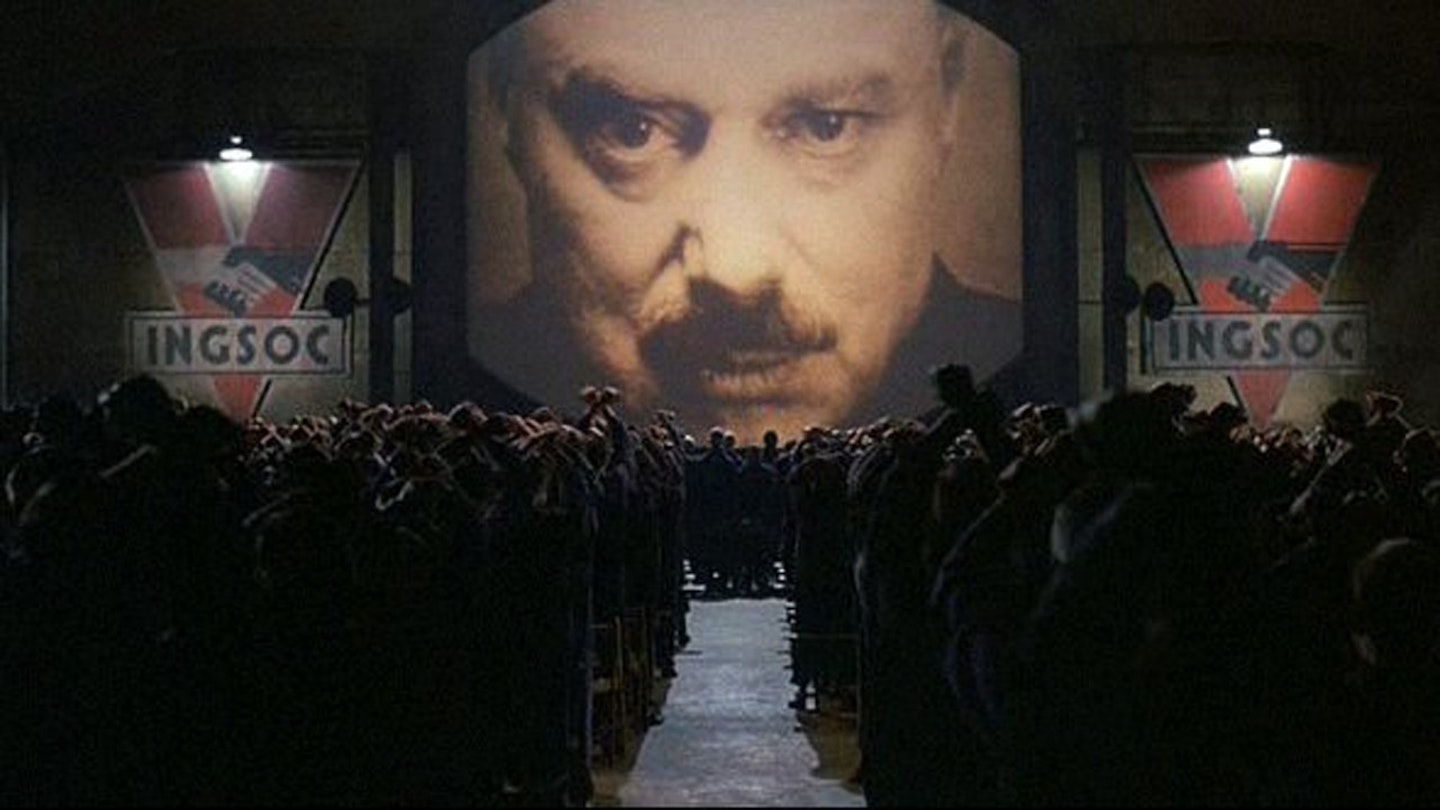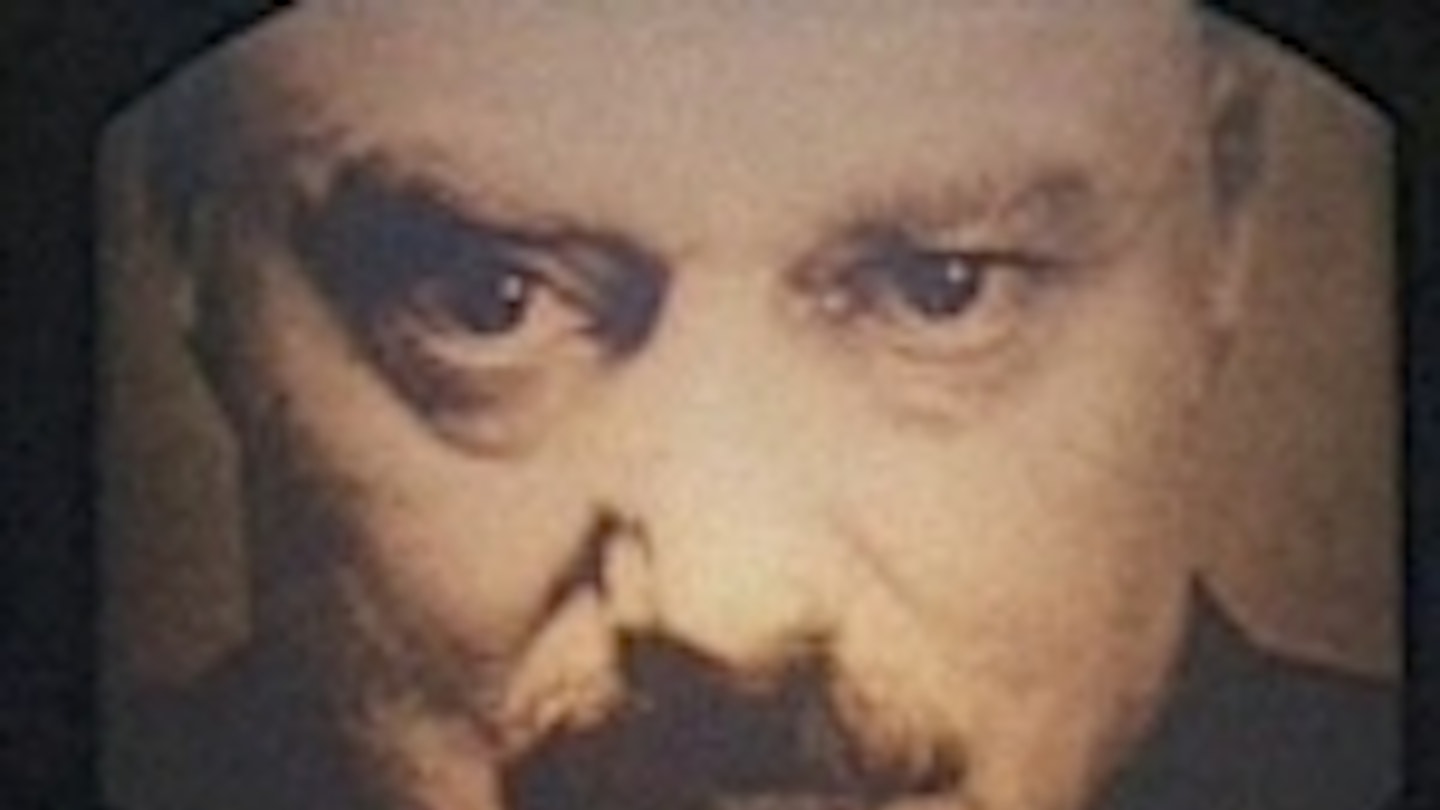Given the year of its release, there was a trite sense of inevitability about Michael Radford’s attempt to glean a movie from Orwell’s dense and moody classic. Yet, what could have sunk into gimmick filmmaking, driven by marketing rather than genuine creativity, turns out a solidly made, sternly acted, and faithful realisation. This is not least down to the fact that Radford fully grasps Orwell’s modus operandi — that this is not a tale of a dreaded future at all, but a caustic parable of the writer’s present (the late ‘40s). Thus, the year of its release is merely incidental, this is a movie set in a dystopian future-world yet chained to a bleak past somewhere on the vestiges of the Cold War.
This dichotomy is most apparent in Roger Deakins’ murky, desaturated photography and the intricate, decayed production design. There is a junkyard decrepitude that infects the entire film, a forerunner of Gilliam’s more esoteric Brazil (itself heavily influenced by the novel). You’re confronted with a film occluded in misery, which makes it an endurance test but a rewarding journey all the same.
Orwell’s dire sci-fi language — his indelible “newspeak”, “thoughtcrime” and “Big Brother” — sounds its warning bells as strikingly as when the novel was first published. The prophetic writer was demanding humanity be watchful of totalitarianism, be it fascism or communism, and in his dread post-Apocalyptic police state, watched over by the omnipresent Big Brother, sex has been banned, emotion ruled out, leaving the populous “unpersoned” drones in a dark system.
As we trace Winston (Hurt, as ever, a master of the victimised) and Julia (Suzanna Hamilton)’s rebellion, their sex crimes, and his inexorable road to the dreaded door marked 101, Orwell’s premonitions have gained a greater prescience still. He, and Radford, expose a society drugged on junk television and porn into submission. While Smith’s task of “rewriting” history and channelling propaganda bears all the hallmarks of endless political spin-doctoring. Remind you of anywhere?
Indeed, the only thing that truly hooks the film to the ‘80s, and hence dates it, is the steely synth score from the Eurhythmics, whose lumbering theme song (“Sex Crime”) blurts out over the closing credits, cheapening those glowering visuals to the naff template of a pop video.

